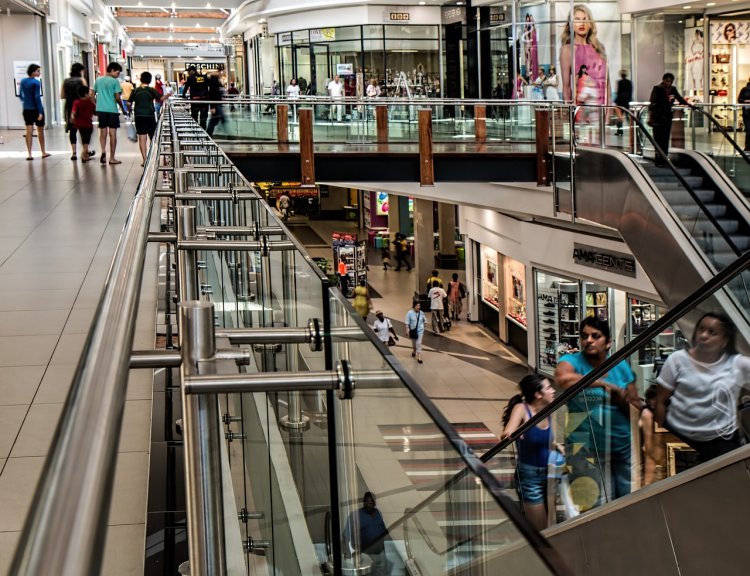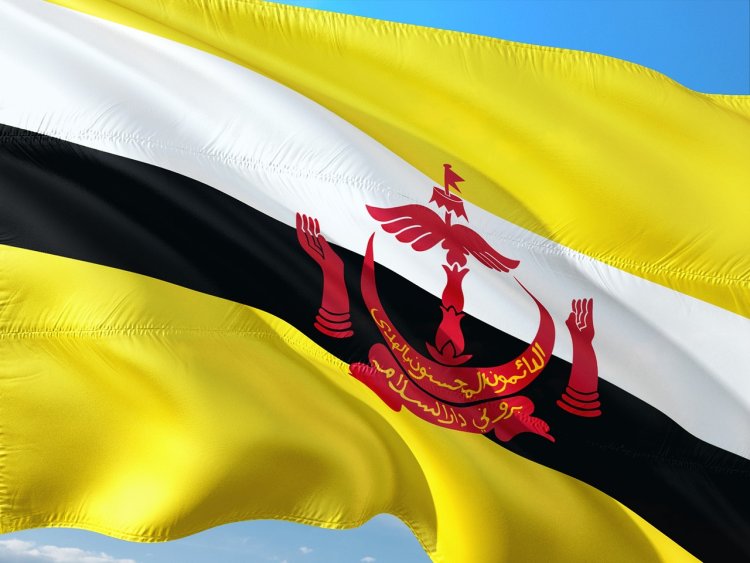Brunei's Economy: Present Realities and Future Prospects
Explore Brunei's economy, its oil dependency, challenges, and future prospects. Learn how the nation is diversifying and preparing for a sustainable future. Discover the present realities and future strategies of Brunei's economy, from its oil dependency to diversification efforts under Vision 2035.

Brunei's Economy: Present and Future
Brunei Darussalam, a small but wealthy nation on the island of Borneo, is renowned for its substantial oil and gas reserves, which have been the backbone of its economy for decades. However, the country's reliance on hydrocarbons has raised questions about sustainability and diversification. This blog explores the current state of Brunei's economy, its challenges, and the strategies being implemented to ensure a prosperous future.
Current State of Brunei's Economy
1. Oil and Gas Dependency

The oil and gas sector contributes approximately 60% of Brunei's GDP and over 90% of its exports. With vast reserves and a small population of about 450,000, the country enjoys one of the highest per capita incomes in the world.
2. Economic Stability
Brunei has a relatively stable economy, supported by significant government reserves and a sovereign wealth fund, the Brunei Investment Agency (BIA), which helps cushion global oil price fluctuations.

3. Low Unemployment and Strong Public Services
The unemployment rate remains low, and citizens benefit from extensive social welfare programs, including free healthcare, education, and housing subsidies.
Challenges Facing Brunei's Economy
1. Over-Reliance on Hydrocarbons
Global moves toward renewable energy and reduced fossil fuel consumption threaten the long-term sustainability of Brunei's oil-dependent economy.
2. Limited Diversification
Efforts to diversify the economy, such as promoting sectors like halal food production, tourism, and financial services, have shown progress but remain limited.
3. Youth Employment and Innovation
While unemployment is low overall, youth unemployment is a growing concern. Encouraging innovation and entrepreneurship among younger generations is critical.
Future Prospects for Brunei's Economy
1. Economic Diversification

The Brunei Vision 2035 plan aims to reduce reliance on oil and gas by developing non-oil industries like:
Halal Industry: Leveraging Brunei’s Islamic heritage to produce and export halal-certified products.
Tourism: Promoting eco-tourism and cultural experiences.
Technology: Encouraging digital transformation and tech startups.
2. Renewable Energy Development
Brunei is exploring renewable energy options, particularly solar power, to complement its energy needs while preparing for a post-oil future.
3. Regional Collaboration
Brunei is strengthening trade ties with ASEAN and other global partners to diversify its economic base and expand export markets.
4. Investment in Human Capital
Focusing on education, skills development, and fostering innovation will help Brunei nurture a workforce ready for future industries.
Brunei’s economy, while currently stable and affluent, faces significant challenges tied to its dependence on oil and gas. However, with strategic investments in diversification, renewable energy, and human capital, Brunei has the potential to build a resilient and sustainable economy for future generations.
What do you think about Brunei’s economic strategies? Share your thoughts in the comments below. If you found this analysis insightful, share it with others interested in global economic trends.
What's Your Reaction?





















